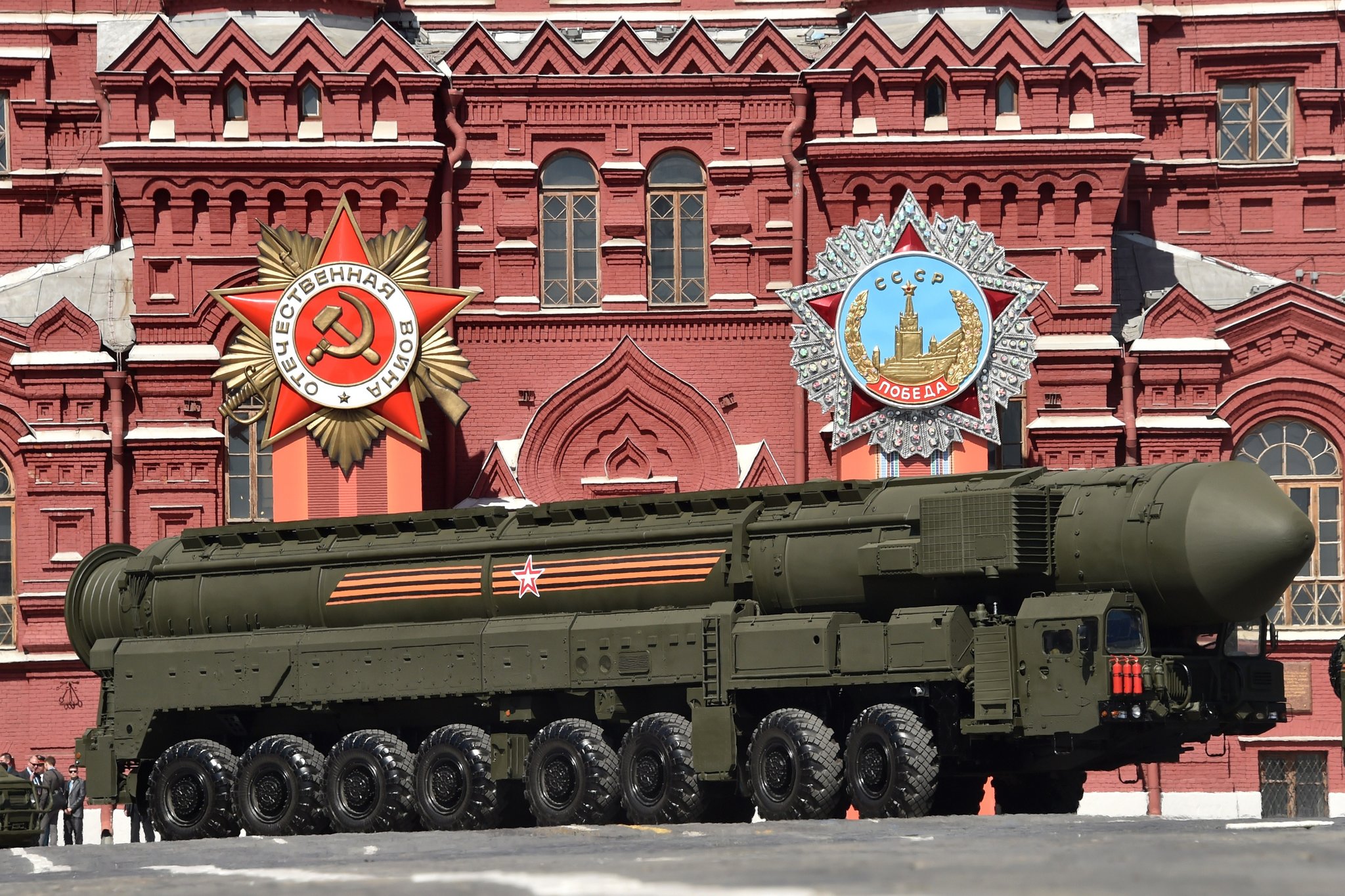US gained nothing from strikes, Iran’s supreme leader says

US gained nothing from strikes, Iran’s supreme leader says
BBC News,
Iran’s Supreme Leader Ayatollah Ali Khamenei has dismissed the impact of recent US airstrikes on Iranian nuclear facilities, claiming they failed to damage the program or achieve any strategic objectives. In his first public statement since the ceasefire with Israel, Khamenei declared Iran’s retaliatory strike on a US base in Qatar as a “heavy blow” and warned of future attacks on American military installations if provoked again. Meanwhile, US Defense Secretary Pete Hegseth hailed the operation as a historic success, stating it significantly set back Iran’s nuclear program. President Trump also claimed that the strikes “totally obliterated” Iran’s key sites. However, skepticism remains about the actual damage, with some intelligence suggesting Iran may have moved enriched uranium in advance. Iran has since voted to suspend cooperation with the IAEA, effectively barring nuclear inspections. The conflict, which began on June 13, has killed at least 610 people in Iran and 28 in Israel.
US approves $30 million for controversial Israel-backed Gaza aid group
Al Jazeera,
The United States has approved $30 million in direct aid to the Gaza Humanitarian Foundation (GHF), a US- and Israel-backed organization criticized by international bodies for its controversial distribution methods in Gaza. Since its establishment in May, the GHF has faced condemnation for allegedly coordinating with Israeli military forces and private US security contractors—practices that violate core humanitarian principles, according to the UN and major aid organizations. Over 549 Palestinians have died near GHF food distribution centers, raising concerns about safety and accountability. Despite the backlash, US officials defended the group, citing the delivery of 46 million meals. Witnesses described chaotic scenes at distribution sites, including deadly shootings and aid seekers run over by trucks. Legal experts warned that GHF staff could face criminal liability. In the latest violence, an Israeli strike killed 18 people in central Gaza near a food aid site managed by local Palestinian authorities. The situation continues to spark debate over ethics, aid delivery, and regional strategy.
No known intelligence that Iran moved uranium, US defense chief says
Reuters,
US Defense Secretary Pete Hegseth stated on Thursday that there is no confirmed intelligence indicating Iran moved its highly enriched uranium ahead of the US-led strikes on Iranian nuclear facilities. His comments counter media speculation and satellite imagery that suggested unusual activity at the Fordow site before the attacks. While some experts believe Iran may have relocated its 60% enriched uranium stockpile to hidden locations, Hegseth asserted that recent assessments—supported by CIA Director John Ratcliffe—showed Iran’s nuclear infrastructure was critically damaged and would take years to rebuild. During a fiery Pentagon briefing, Hegseth also accused the press of minimizing the operation’s success due to bias against President Trump. Senators briefed after the strike confirmed significant damage but emphasized the need for on-ground verification. Iran’s Supreme Leader has vowed retaliation if provoked again, and a Senate vote looms on requiring congressional approval for future strikes. The situation remains tense as both sides exchange diplomatic and rhetorical blows.
Xiaomi launches YU7, undercutting Tesla’s Model Y on price
Reuters,
Chinese tech giant Xiaomi has launched its second electric vehicle, the YU7 SUV, positioning it as a direct competitor to Tesla’s Model Y in the world’s largest EV market. Priced at 253,500 yuan (approximately $35,364), the YU7 undercuts Tesla’s Model Y by nearly 4%, while offering a superior range of up to 835 km compared to Model Y’s 719 km. The launch was met with overwhelming demand—200,000 orders were placed within the first three minutes. Xiaomi’s CEO Lei Jun has declared the company’s intent to dominate the mass-market EV segment and expand beyond its tech-savvy consumer base. Strategic partnerships with BYD, GAC Toyota, and Zhengzhou Nissan are also in motion to build an integrated ecosystem of smart vehicles and connected homes. Following the success of its first model, the SU7, which outsold Tesla’s Model 3 in China since December, Xiaomi has increased its annual EV delivery target to 350,000 units and is investing in new production facilities in Beijing.





















